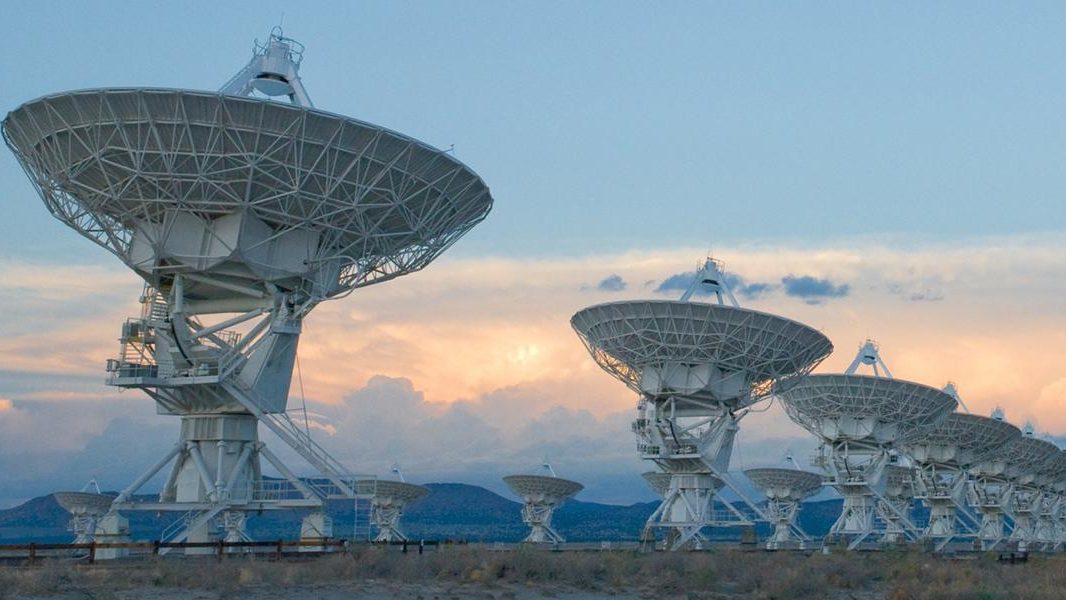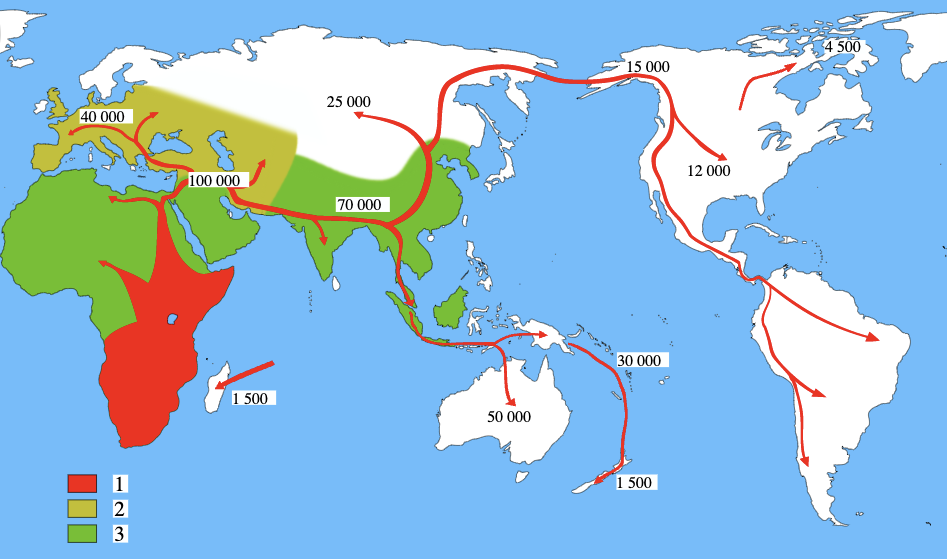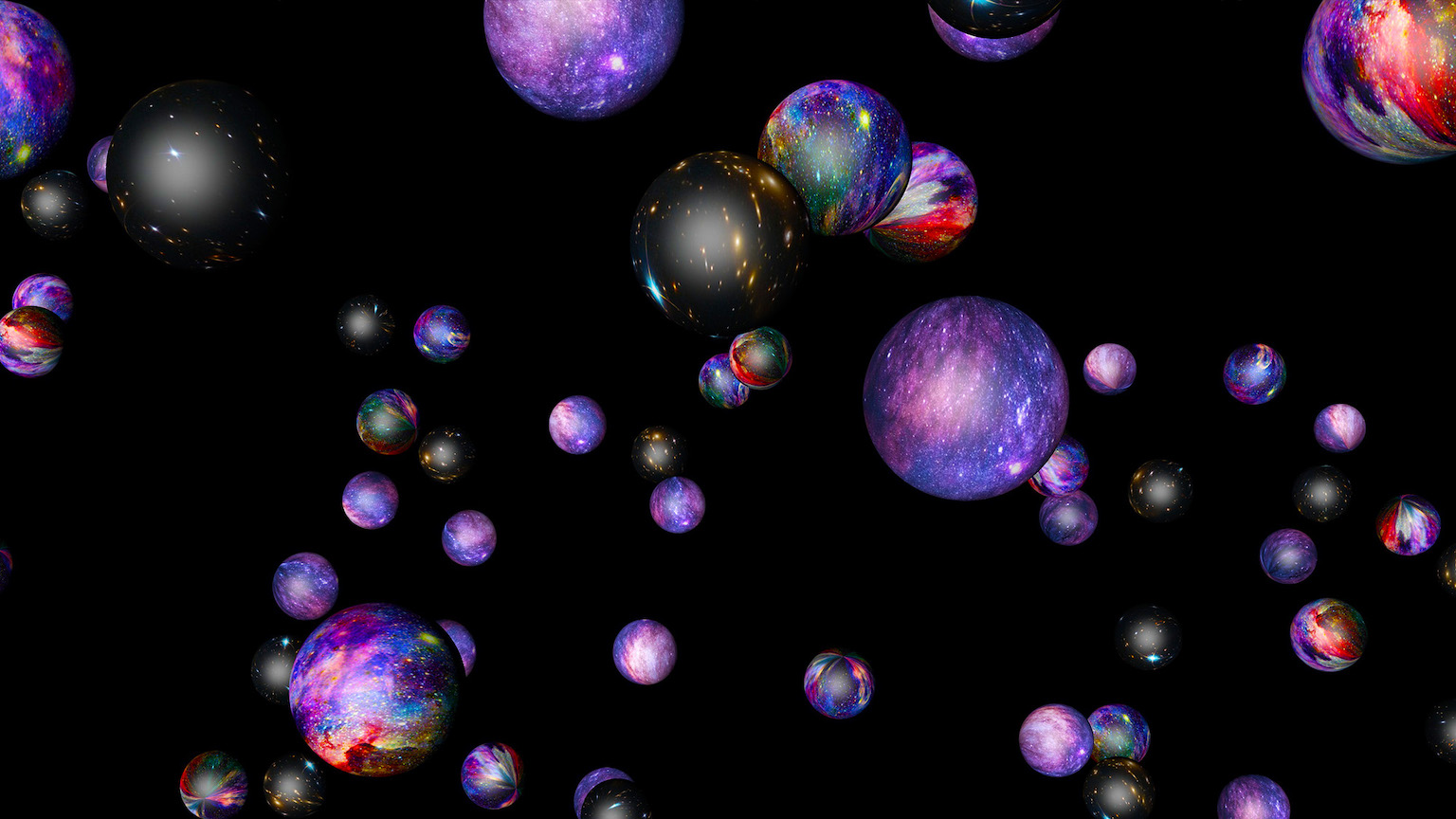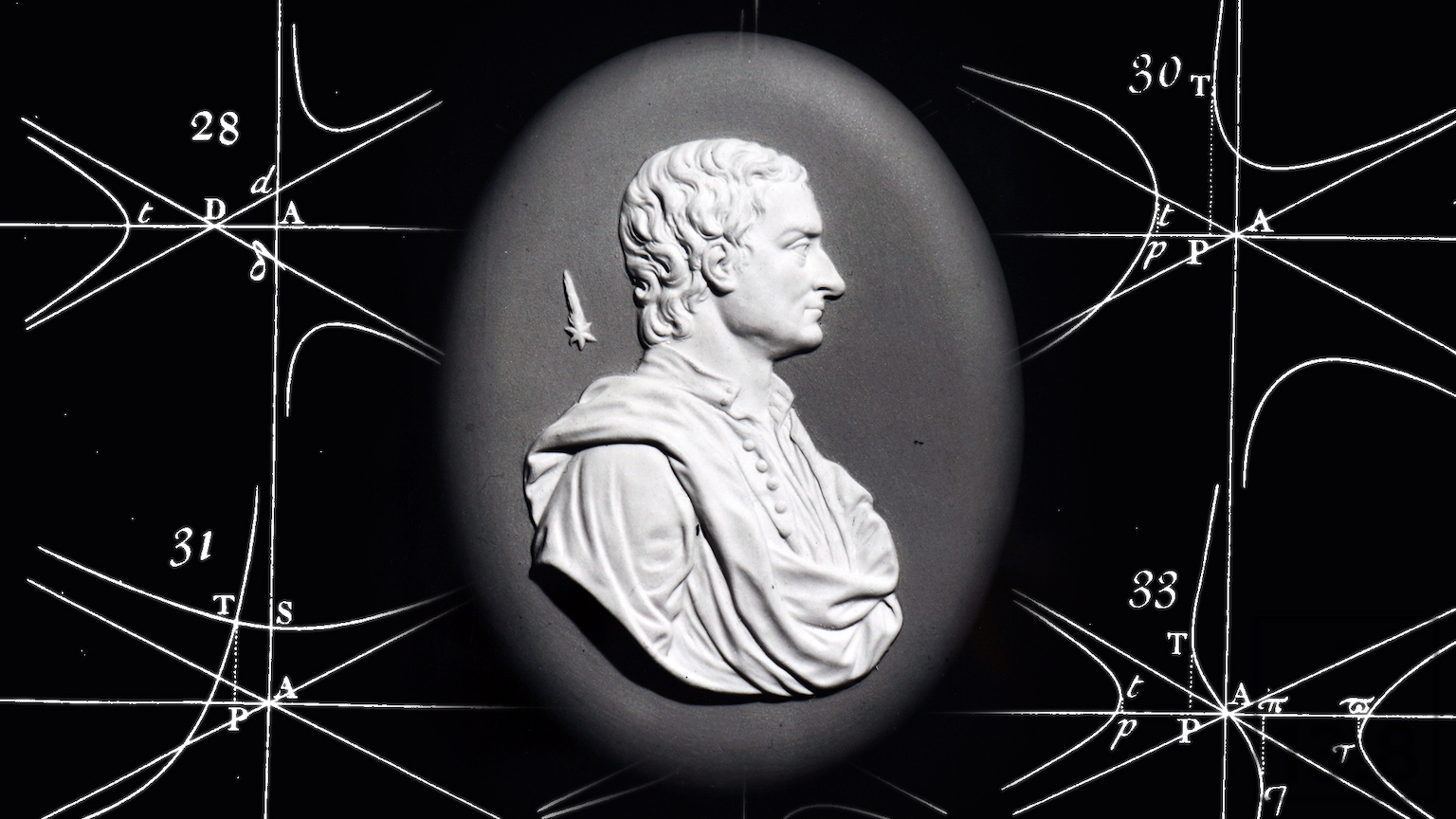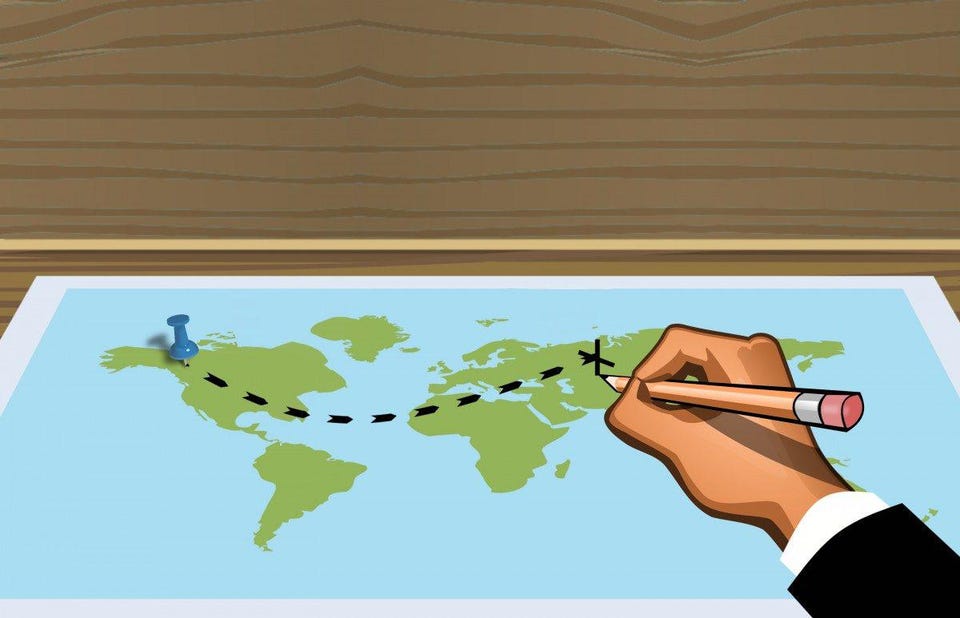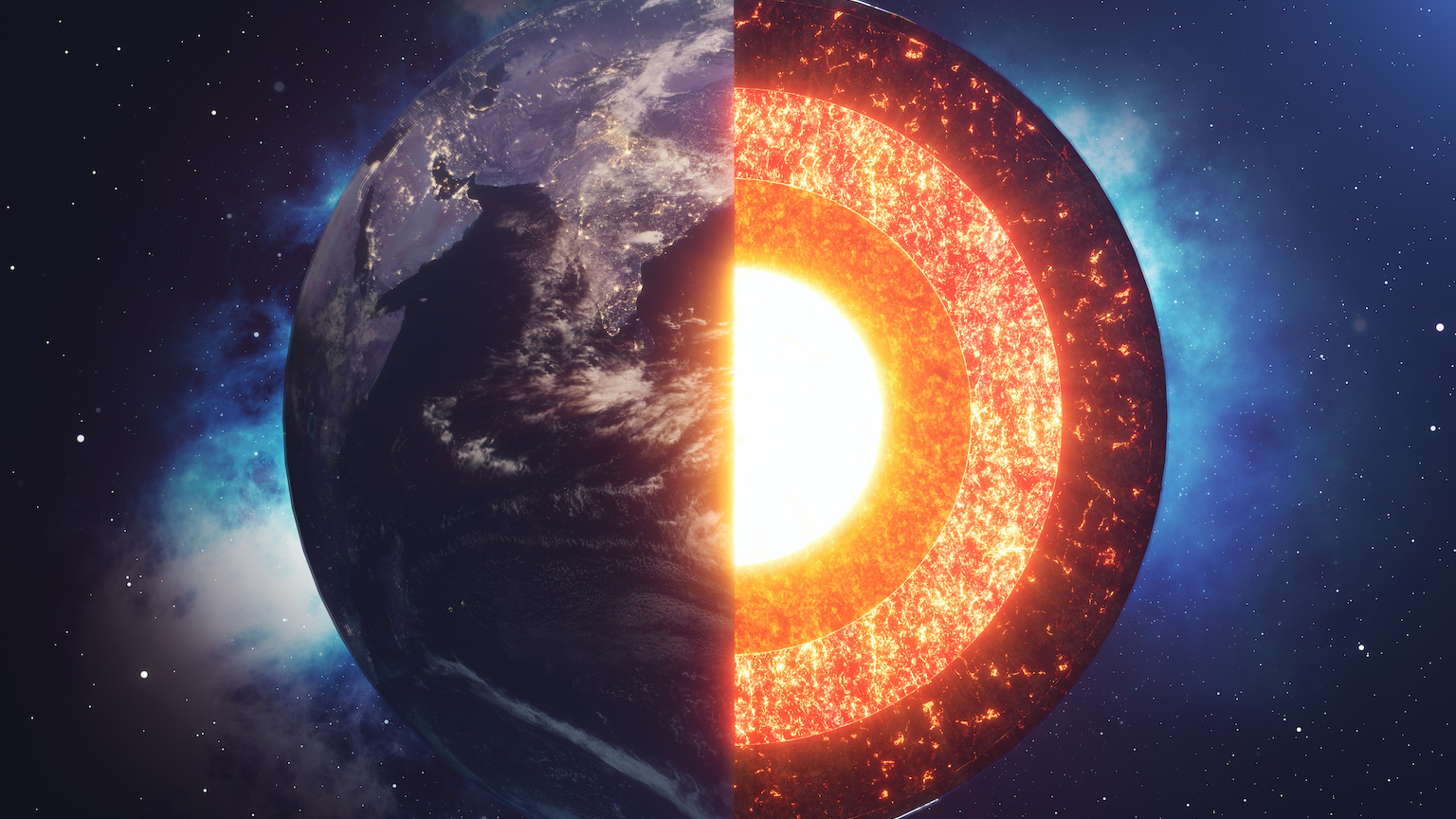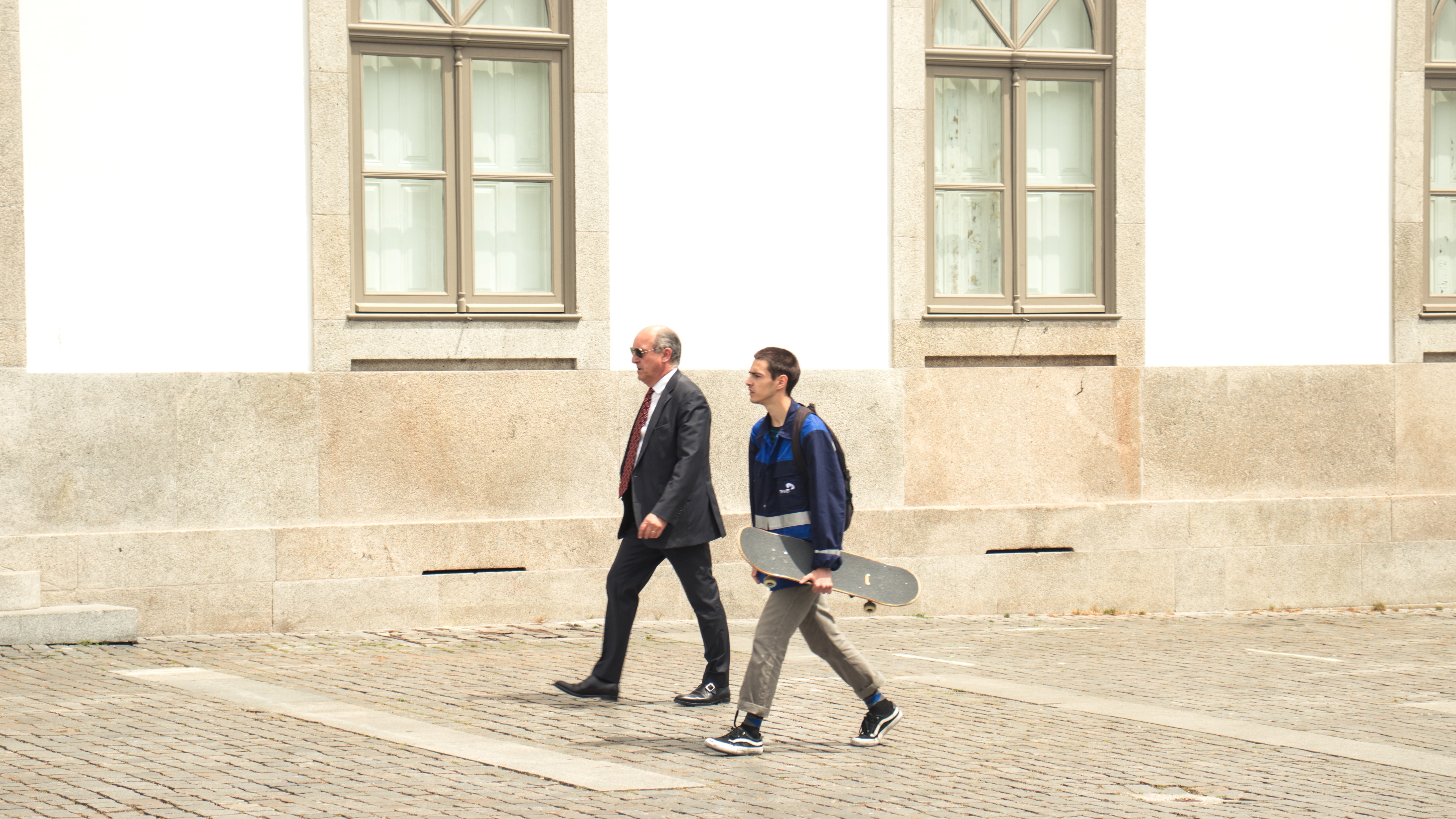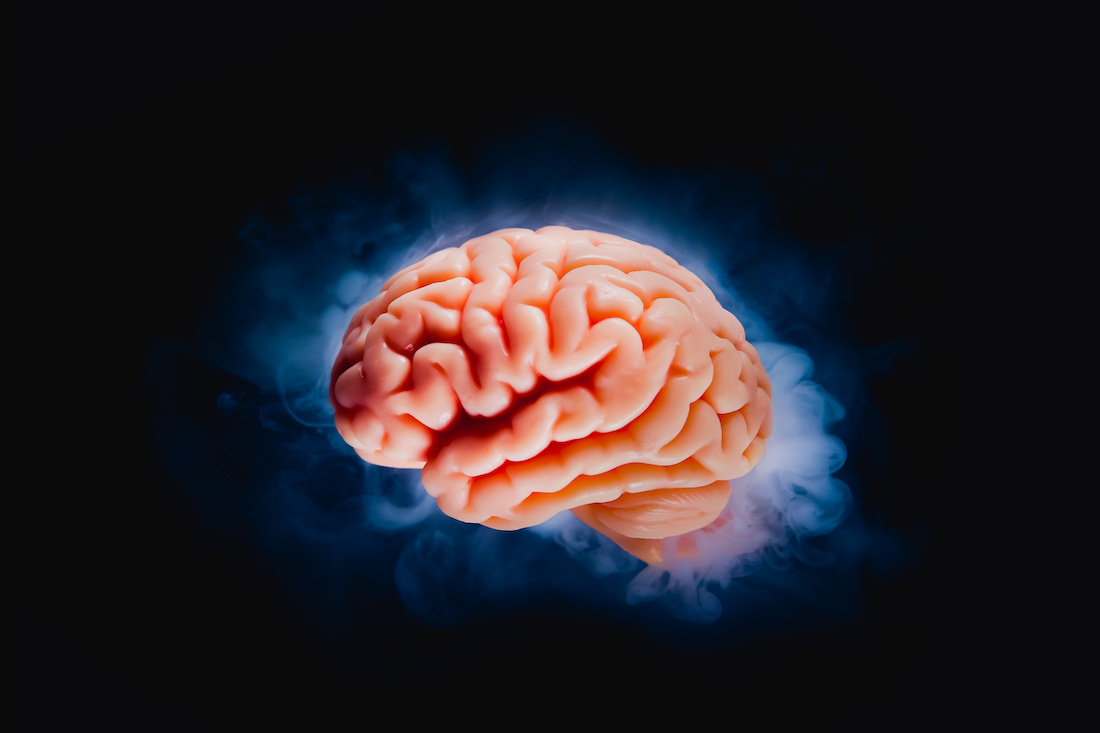There really might be extraterrestrials out there, attempting to make contact. Here’s how science, not fiction, is attempting to find them.
All Articles
Einstein’s theories of relativity faced fierce opposition. One critic claimed he was attempting to subvert the scientific method.
One hundred years ago, a Ukrainian flag flew over Vladivostok and other parts of the “Russian” Far East.
For a long time, important events could only be visualized retroactively through paintings. Photography allowed us to capture history as — or sometimes even before — it happened.
Only talk about the weather?
A new analysis of an ancient hominin fossil sheds light on the “Out of Africa” dispersal events that occurred more than one million years ago.
The more social behaviors a voice-user interface exhibits, the more likely people are to trust it, engage with it, and consider it to be competent.
We forget how unnatural a lot of formal education is. “Learning how to learn” requires bridging the gap between the abstract and the natural.
With launch costs dropping and enormous numbers of new satellites filling the sky, can’t we just do it all from space?
In scientific theories, the Multiverse appears as a bug rather than as a feature. We should squash it.
Scientists at UCLA and Penn argue that malfunctioning fat, not necessarily too much of it, is what makes people metabolically unhealthy.
According to Sigmund Freud, our revulsion at taboos is an attempt to suppress a part of us that actually wants to do them.
Risqué or just risky?
There are ~400 billion stars in the Milky Way, and ~2 trillion galaxies in the visible Universe. But what if we aren’t typical?
Soft skills training can help develop transformation-ready employees and equip entire organizations to adapt to an unpredictable future.
From physics and alchemy to theology and eschatology, Isaac Newton’s research was rooted in a personal pursuit of the Divine.
Elephants mourn the dead, dolphins give names to each other, and insects can recognize faces. The animal world is much smarter than we think.
Is hope more realistic than despair? Aquinas thinks so.
Math offers good evidence that humans can solve any problem — as long as there’s money in it.
Travel half the distance to your destination, and there’s always another half to go. Despite Zeno’s Paradox, you always arrive right on time.
We know more about the universe than what is beneath our feet. But Earth’s mantle holds subtle clues about our planet’s past.
Life’s stages are changing – we need new terms and new ideas to describe how adults develop and grow
Ages 30 to 45 are now “the rush hour of life.”
Iceland consistently ranks as the most gender-equal nation. It is also the nation where men and women are most likely to pursue sex-typical jobs.
The Siege of Leningrad lasted over two years and claimed nearly a million lives. It also inspired writers to record the bleak conditions in which they lived.
More than a decade ago, Armenia made chess a required subject in school because it teaches kids how to think and cope with failure. The U.S. should follow suit.
The Universe is supposed to be the same everywhere and in all directions. So what’s that giant “cold spot” doing out there?
Behind the scenes, Hitler had at least three disastrous relationships, including a short-lived marriage.
Solitude, by itself, does not predict feelings of loneliness.
Neuroscience research suggests it might be time to rethink our ideas about when exactly a child becomes an adult.
Just 12 million light-years away, the galaxies Messier 81 and 82 offer a nearby preview of the Milky Way-Andromeda merger.
